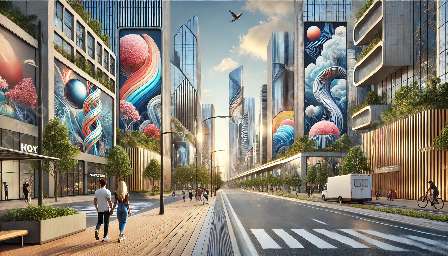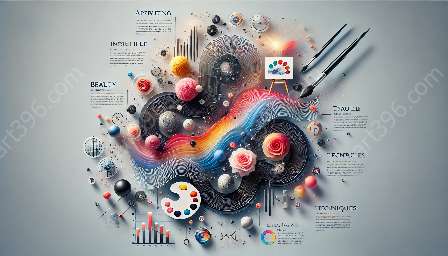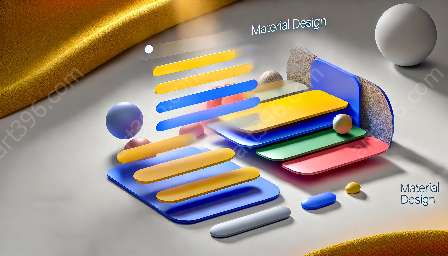Sustainable fashion design has emerged as a significant trend in the fashion industry, reflecting an increased focus on environmental and social responsibility. In recent years, there has been a growing awareness of the impact of traditional fashion practices on the planet and the people involved in the production process. This has led to a shift towards more sustainable and ethical fashion design practices, encompassing various aspects such as material sourcing, production processes, and consumer education.
Material Innovation
One of the key trends in sustainable fashion design is the focus on material innovation. Designers are exploring alternative and eco-friendly materials such as organic cotton, recycled polyester, and biodegradable fabrics. The development of new sustainable materials allows designers to create stylish and durable clothing while minimizing the environmental footprint of the fashion industry.
Upcycling and Circular Design
Another trend is the rise of upcycling and circular design in the fashion world. Upcycling involves transforming discarded materials and clothing into new and unique fashion pieces, reducing waste and promoting creativity. Circular design focuses on creating products with a closed-loop lifecycle, ensuring that materials are reused or recycled at the end of their life, thus reducing the industry’s reliance on virgin resources.
Transparency and Traceability
The demand for transparency and traceability in fashion production has also become a prominent trend. Consumers are increasingly seeking information about the origins of their clothing and the production processes involved. As a result, fashion designers and brands are embracing transparency by sharing details about their supply chains, manufacturing processes, and ethical practices, building trust and accountability with their customers.
Technological Advancements
Advancements in technology are driving innovation in sustainable fashion design. From 3D printing of garments to digital platforms that connect designers with sustainable suppliers, technology is enabling a more efficient and eco-friendly approach to fashion creation. The integration of technology in design processes is revolutionizing the industry and expanding the possibilities for sustainable fashion.
Slow Fashion Movement
The slow fashion movement, which promotes quality over quantity and encourages conscious consumerism, has gained traction as a significant trend in sustainable fashion design. Designers are embracing timeless designs, durable craftsmanship, and longevity, moving away from fast fashion’s disposable and trend-driven model. By advocating for a more thoughtful and responsible approach to fashion consumption, the slow fashion movement aligns with the principles of sustainability.
As sustainable fashion design continues to evolve, it is evident that these trends are reshaping the industry and influencing the design practices of both established and emerging fashion labels. By embracing sustainability, designers can contribute to a more ethical and environmentally conscious future for fashion, driving positive change and innovation in the fashion design landscape.





















































